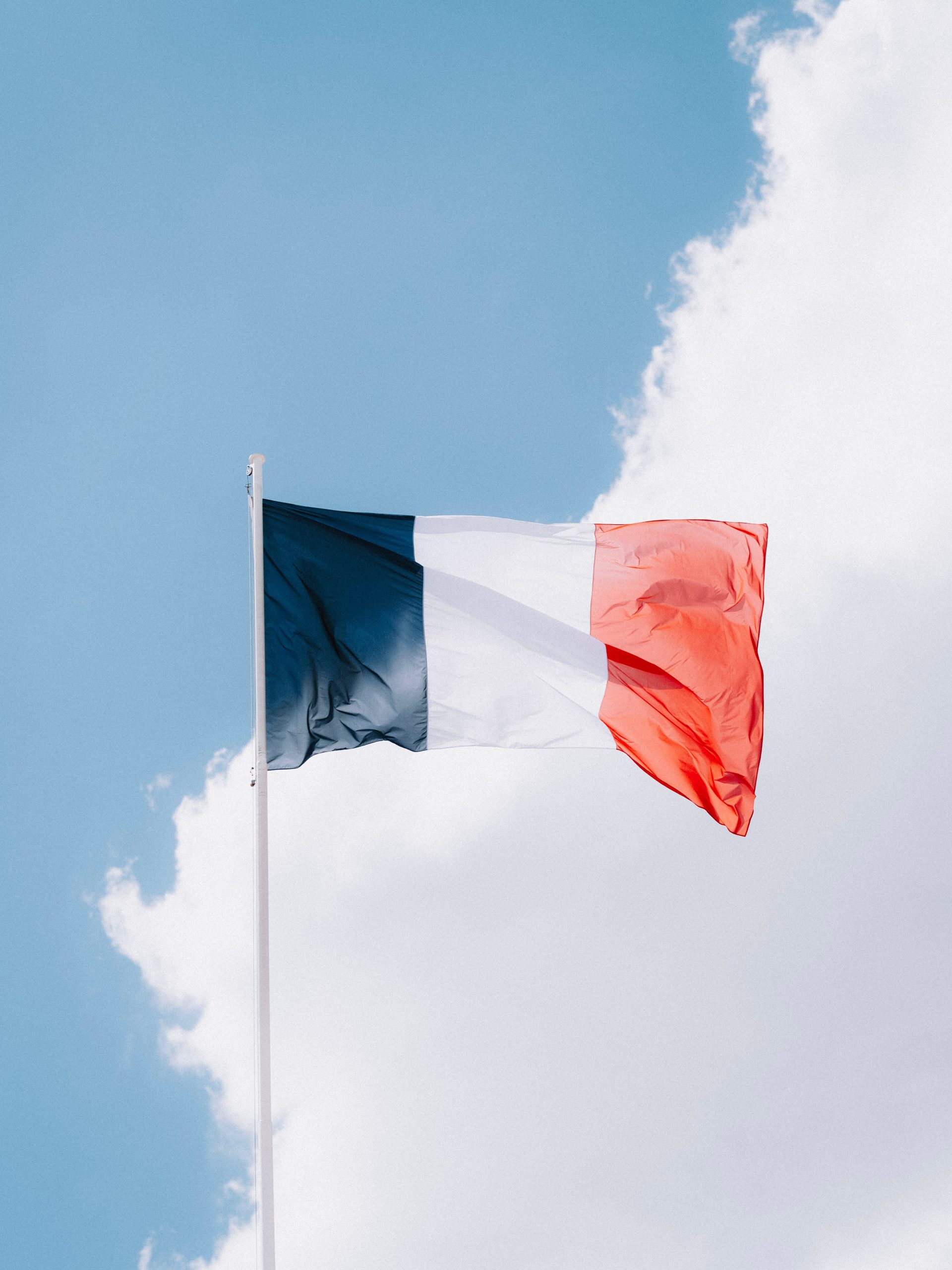Over the past few years we’ve been seeing world governments attempt to tackle an issue they’ve long ignored: social media and its harms. At the beginning of this year I wrote about the United Kingdom’s new Online Safety Bill and the European Union’s Digital Services Act, which will come into effect in 2024. Both cover areas such as child safety, content moderation and transparency from social media platforms. Later in the year I covered the actions some US states are taking to protect children from social media.
But some of the most revolutionary new laws against the harms of social media are actually being created in France. This year the French government rushed through new regulations to combat influencers who don’t clearly state when they have paid to promote something, with strict regulations and hefty penalties if they don’t comply. In addition France has voted through a bill that would require under-15s to have parental permission to use social media. This is currently waiting for approval from the European parliament. Will France be able to change the current social media landscape?
Let’s first take a look at the new regulations for influencer promotions:
After some high-profile scandals involving products peddled by influencers on their socials, the 150,000-ish influencers in France must now follow strict rules regarding paid promotion. Any ads for cosmetic surgery and tobacco are banned, and promotions of financial and medical services are now heavily regulated. Influencers must have a written contract for brand payments and gifts worth over a certain amount. Also, any posts must clearly state throughout that they are paid promotions. On top of that it is now prohibited to post staged scenes with illegally owned animals and to not state when an image or video for promotion has been re-touched.
Penalties can be as severe as 2 year prison sentences and up to €300,000 in fines. Influencers found at fault must display a black banner on their social media account. This shows they failed to state that a post was a paid ad or misled the viewer about a product. The French government is indeed enforcing these new laws, with influencers Illan Castronovo and Simon Castaldi having to display this banner earlier this year. Influencer Nabilla Vergara was fined €20,000 for promoting a crypto-financial service and not stating that she was paid.
But why was this important enough to be fast-tracked?
For the answer to this we can look to Collectif D’Aide Aux Victimes D’Influenceurs (Collective to Help Victims of Influencers.) This group was set up by families who were victims of online financial fraud, having used financial services promoted by influencers. This has become a major issue over the past couple of year with the meteoric rise and (predictable) crash of NFTs and cryptocurrencies. These financial services will often use influencers to promote their products, targeting the younger generations and those perhaps less educated on the financial market and investing. Although to be fair, promises of wealth can be hard for anyone to ignore.
It’s not just victims of financial fraud that suffer. Dodgy cosmetic procedures, snake-oil products and poor-quality items are all commonly promoted by influencers to their fans, who suffer the consequences of their lies. Product placement on social media by influencers has been needing regulation for a while. What many are arguing however is that the laws don’t reach far enough. They should be applying to other forms of media too, such as music videos and television too.
Then there’s the new law waiting for approval from the European Commission requiring parental consent for under-15s to use social media:
I’ve written continuously about the severe psychological damage that high levels of social media use can cause in children. This bill would require social media platforms to verify users’ ages and acquire parental consent for under-15s. Similar bills are being passed in the United States. At the moment, most platforms require users to be older than 13 to create accounts. Despite this, no age-verification systems are in place and no parental consent is ever needed. I’ve found it’s not unusual for children aged 10 and even younger to be using Snapchat and Tiktok, favourites of younger age groups.
A problem is that the parents of these children aren’t aware of the dangers of excessive social media use. They likely additionally aren’t aware of children’s ability to easily access harmful content on these platforms. Lawmaker Laurent Marcangeli, who help form the new bill, has admitted that the new law changes alone won’t be enough. “Heavily investing into digital education for parents, children and teachers” will also be needed.
Lastly I’ll discuss Macron’s idea of restricting social media access during times of social upheaval:
In this case, no bills have been written and no laws passed. This was merely an idea floated by President Macron in response to the riots that spread across France this summer. It is also not one I support or believe will be effective. The French government blamed social media for “fanning the flames” of the riots, and increasing their size and longevity. Many have accused them of using social media as a scapegoat, and deflecting from the true causes of civil unrest. It’s certainly likely that social media helped spread misinformation and incite further violence at this time. However, I don’t believe cutting off internet and restricting access to social media (and other channels of communication) during times of social upheaval is the answer. This is too much the actions of a dictatorship, rather than a democracy.
Adults need to make the decision themselves to quit social media. If it is removed by force by government authority, it will just cause further turmoil. They’re not all-powerful. People will find a way to use it no matter what, if they want to. What is needed in control over fake news and harmful content on the part of the social media platforms, alongside the previously mentioned digital education for all. People need to understand the harms themselves.




